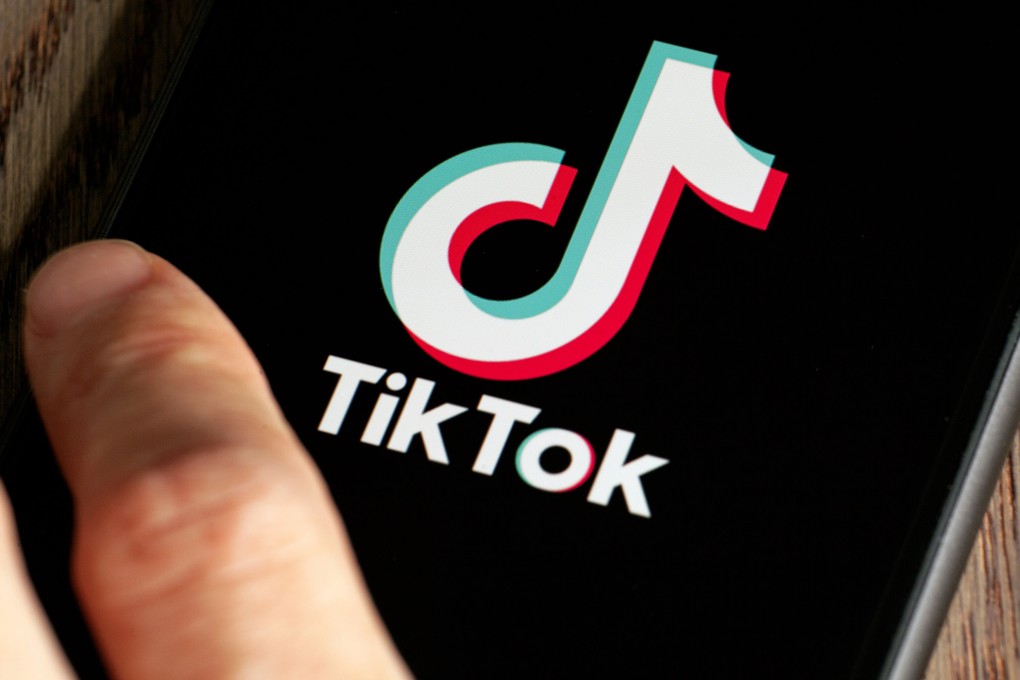As its vilification grows, TikTok’s future in the US remains in limbo
- Divisions among federal departments over the national security threat TikTok poses have left negotiations ‘stuck’, analysts say
- US lawmakers and states are pursuing their own measures to hobble the app, even as TikTok stars in America make contingency plans

Yoeslan Alfaro’s nine-to-five job in the insurance sector was paying his bills just fine. Then more than a million users of TikTok, the Chinese short-video sharing application, decided to follow him overnight.
“It blew up”, he said of the response to his first “monster video” on the platform. The clip shows a monster living under Alfaro’s bed and bringing over a monster friend to party as the human sleeps – unaware he’s sharing his room with the creature.
Alfaro, a 38-year-old Cuban-American from Florida, has since pursued the theme to produce monster stories for his 19 million followers. Today, he has a reported net worth of over US$1 million.
Still, the social media star grew anxious as he discussed renewed calls for a comprehensive ban on TikTok in the US. “I hope it does not come down to that”, he said softly, wringing his hands.
With more than 85 million monthly users – nearly 60 per cent of them 16 to 24 years old – TikTok, owned by the Chinese tech company ByteDance, is a raging success in the US.
Thousands of young Americans have found not just a community but also stardom on the platform, sometimes building careers worth millions of dollars by landing endorsement deals and qualifying for the app’s monetisation schemes like TikTok Creator Fund.
But long after a US court quashed then-president Donald Trump’s executive order to ban TikTok in 2020 and US voters bounced him out of the White House, TikTok’s fears are far from over.